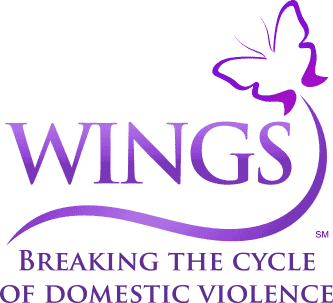Recognizing the Signs of Domestic Violence
It’s hard to tell whether a partner will eventually become abusive.
Most relationships start off normally. As time goes by, however, behaviors change. A partner may become more controlling as the relationship grows. He or she may become possessive of the other person. These changes usually don’t happen overnight. They often occur gradually. Domestic violence takes many forms and may look very different depending on the relationship. One thing that is very common in a domestic violence situation is that the abusive partner begins to exert power and control over the other partner in multiple ways. Knowing how to recognize the signs of domestic violence in a relationship is important.

